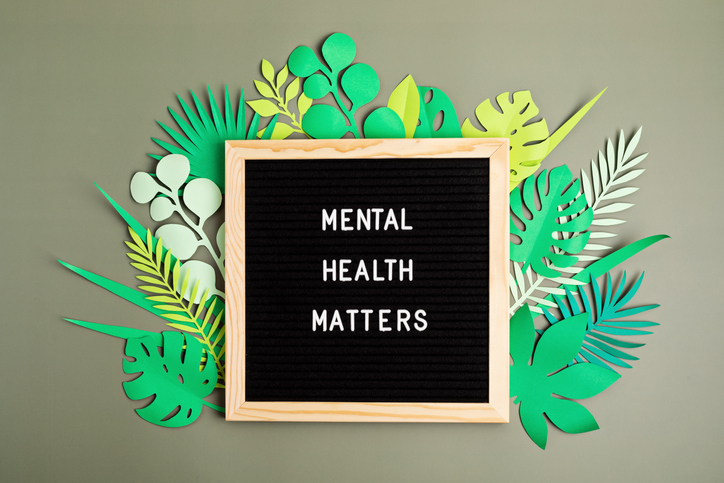May is Mental Health Awareness Month, and for service men and women everywhere, this couldn’t come at a more important time. Suicide rates for active-duty personnel and veterans have risen to surprising levels. In fact, the rate of U.S. service members and veterans who have died by suicide is currently four times higher than those who have been killed in combat, according to a 2021 Costs of War Project (Brown University) report.
To mitigate this troubling trend, the U.S. Armed Forces and the U.S. Army Sustainment Command (ASC) are striving to reach soldiers, their families, and civilians alike to raise awareness and connect those in need with helpful resources and support services.
In an interview for the U.S. Army website, Dr. Joy Summerlin, a Health, Wellness, and Resiliency Program specialist with ASC, says, “Recognizing that our mental health is just as important as our physical health, and accepting individuals who struggle for a period, or for a lifetime, is critical to reducing the fear, worry, blame, and shame that families and their loved ones experience.” Dr. Summerlin adds that normalizing talking about mental health can also increase the likelihood that those who are in need will seek the support and treatment they deserve.
The complex layers of mental health
Not everyone dealing with depression may be feeling suicidal or thoughts of self-harm. But, the buildup of negative thoughts and anxiety, layered with the stresses of day-to-day life can exacerbate deeper issues (like PTSD or bipolar mood disorder).
The weight of these collective problems may be further complicated by triggers and memories of past traumas. Individuals quickly feel like they’re drowning under a weight that they just can’t manage alone.
This month is a good time to stir up conversations and normalize mental health care as a holistic part of all our lives. Healthy minds and healthy bodies are equally important. And just like going to the doctor is the best course of action when you’re feeling ill—seeking mental health support is exactly what one should do when they’re feeling overwhelmed, depressed, or anxious.
Building a better mental health toolbox
“While mental health is entering more and more of our daily conversations,” Summerlin shares that it is critical we all have a solid foundational knowledge about mental health. This means showing people how to find value in life, and teaching coping strategies and resilience tools.
Efforts need to also include guidance for recognizing warning signs that someone may be a danger to themselves. Dr. Summerlin recommends watching for the following signs:
- Feelings of distress, anxiousness, and agitation; or behaving recklessly
- Talking about hurting themselves or others.
- Seeking access to sources of self-harm (such as medications or weapons)
- Talking about feeling hopeless, being a burden, or feeling trapped
- Frequent discussion of or obsession with death or dying by suicide
If someone you know is exhibiting these signs, you should intervene as soon as possible. Summerlin shares that most mental health organizations apply an “Ask, Care, Escort” approach that just about anyone can employ.
- Ask: Ask them directly if they are thinking of killing themselves.
- Care: Express concern and empathy. Acknowledge and validate how they are feeling. Stay present mentally and, if possible, physically with the person
- Escort: Try to take them to an emergency room or behavioral health provider. If not physically with the person, get their location and have someone call 911 emergency resources, while you stay connected with the person in crisis. Make sure you follow up to see how they are doing.
Remember, you are not alone in this fight. Help is available through friends and family, hotlines, and many easily accessible and confidential resources, including the following:
- National Suicide Hotline number: (800) 273-TALK (8255)
- National Domestic Violence Hotline: (800) 799-7233 or thehotline.org
- DoD Safe Helpline: (877) 995-5247; you can also text 55-247 in the U.S.


